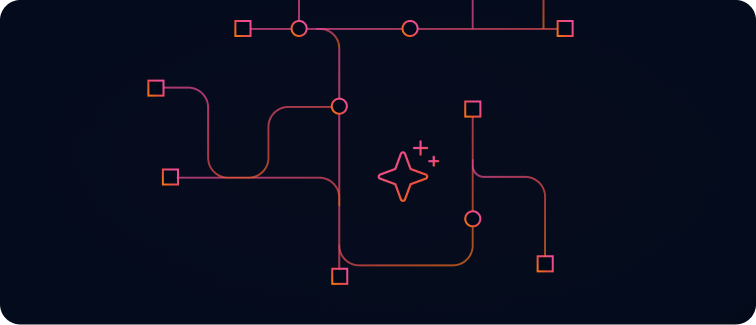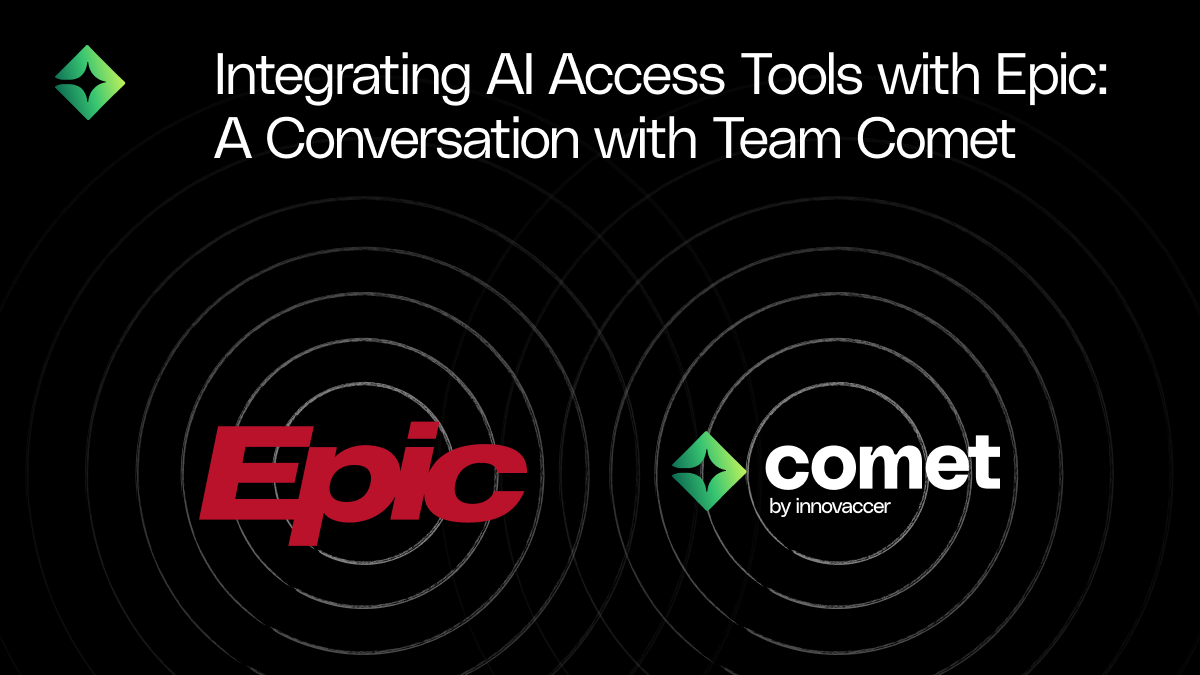How AI Copilots Give Time Back to Your Hospital Call Center Agents


In December of 2017, nurse RaDonda Vaught at Vanderbilt University Medical Center tried to retrieve the sedative called Versed from an automated medication dispensing cabinet. The system had recently been updated. She typed "VE" but got no results because the system required the generic name midazolam. She initiated an override, a common practice at the hospital due to ongoing issues with the dispensing cabinets and electronic health record system. She typed "VE" again and selected the first medication listed: vecuronium, a powerful paralytic. Patient Charlene Murphey, 75, went into cardiac arrest and was brain-dead by the time the error was discovered.
State investigators later determined that Vanderbilt University Medical Center bore a "heavy burden of responsibility" for the error, citing systemic failures in their technology systems. The hospital had experienced a problematic EHR rollout and issues with automated medication dispensing cabinets that required frequent overrides. The technology that should have prevented the error instead created conditions where it became inevitable.
Hospital call center representatives contend with the same systemic breakdowns daily. They switch between 4-7 disparate systems in each patient interaction. Electronic health records never talk to scheduling systems. Insurance verification software runs independently of clinical pathways. As the patient sits on hold, agents manually string together data that should be integrated effortlessly. They're doing it while someone waits on hold, sometimes in pain or scared.
When Systems Fail, Patients Pay the Price
CRICO Strategies analyzed 7,149 medical malpractice claims and discovered communication breakdowns in alarming numbers. A majority (57%) of the cases examined involve miscommunication among two or more health care providers. A close second is miscommunication between providers and patients, at 55%. Of note, 12% involve failures in both categories.
More critically, errors multiply. When agents manually transfer information between systems, data gets lost. Medication allergies may not show up in appointment notes, previous surgeries may not be flagged, and language preferences may not be indicated. These aren't mistakes born from carelessness. They're the inevitable result of humans doing work that technology should enable.
How AI Copilots Actually Work
AI copilots are a completely different paradigm. Instead of introducing another system for agents to learn, these are integrated within current workflows. They observe, learn, and assist in real-time.
Comet, Innovaccer's AI Contact Center Copilot, connects with legacy EHR and contact center infrastructure to deliver this real-time support. The technology is an extension of large language models trained for the exclusive purpose of healthcare environments. They comprehend medical jargon, clinical processes, and the subtleties of patient interactions.
When a patient referral comes in, the Copilot immediately verifies insurance details, identifies the right in-network provider, and prepares the referral documentation for agent review, cutting the processing time from minutes to seconds. During live calls, it suggests the next best action based on patient needs, such as scheduling a follow-up visit or checking eligibility, helping agents make quick and informed decisions. After the call, the Copilot automatically generates documentation and updates the necessary systems, so agents can focus on patient care instead of administrative work. It proposes correct triage questions based on clinical guidelines. It also types documentation in real-time, capturing highlights as the conversation goes on.
At the end of each conversation, agents spend 2-3 minutes recording conversations, updating records, and creating follow-up tasks. AI copilots create structured notes from discussions, fill out forms in advance, and route tasks to the right department. It now takes thirty seconds of review and approval, which used to take three minutes.
Measurable Impact on Operations and Experience
Early adopters see dramatic gains. Average handle time drops without compromising call quality. First-call resolution rates increase as agents have immediate access to full patient information. Agent occupancy rates are better since less time is wasted on after-call work.
Agents experience reduced stress and increased job satisfaction. When you eliminate the mental headache of navigating multiple systems, the actual work of caring for patients becomes simpler. Agents can concentrate on listening, problem-solving, and offering empathetic care rather than struggling with technology.
McKinsey reported that generative AI could save health systems $200-360 billion per year, with considerable amounts from administrative gains in efficiency.
The advantages go beyond individual calls. Fewer missed appointments due to scheduling correctly the first time. Fewer callbacks since patients got complete information. Call centers can handle more volume with no proportionate increase in staff. This is important as demand for healthcare keeps rising while staffing remains limited.
New agent training time has reduced significantly. Rather than memorizing where to get information within multiple systems, new employees learn how to use the copilot. The AI supplies guardrails and nudges, enabling newer agents to perform at levels that previously took months of experience.
Technology That Liberates, Not Complicates
For all the technological prowess, the core nature of the job hasn't shifted. Patients dial hospital contact centers because they require assistance from another human being. No AI platform can substitute fully for the empathy and judgment of skilled agents.
What AI copilots do is eliminate the obstacles that stand in the way of agents doing their best work. They cut through the friction of broken systems. They lighten the cognitive burden of remembering procedures and finding information. They allow agents to do what they do best: communicate with patients and resolve problems.
The teachings of cases such as that of RaDonda Vaught are obvious. Technology must assist healthcare professionals, not add more to the workload. Failure in systems has far-reaching consequences beyond inefficiency.
AI copilots in healthcare contact centers are here to give human agents their time back. Time to listen, assist, and deliver the quality of care that originally drew them into healthcare.
Ready to transform your healthcare call center into a growth engine? Request a Demo.


.png)



.png)



.avif)









.svg)
.svg)

.svg)

